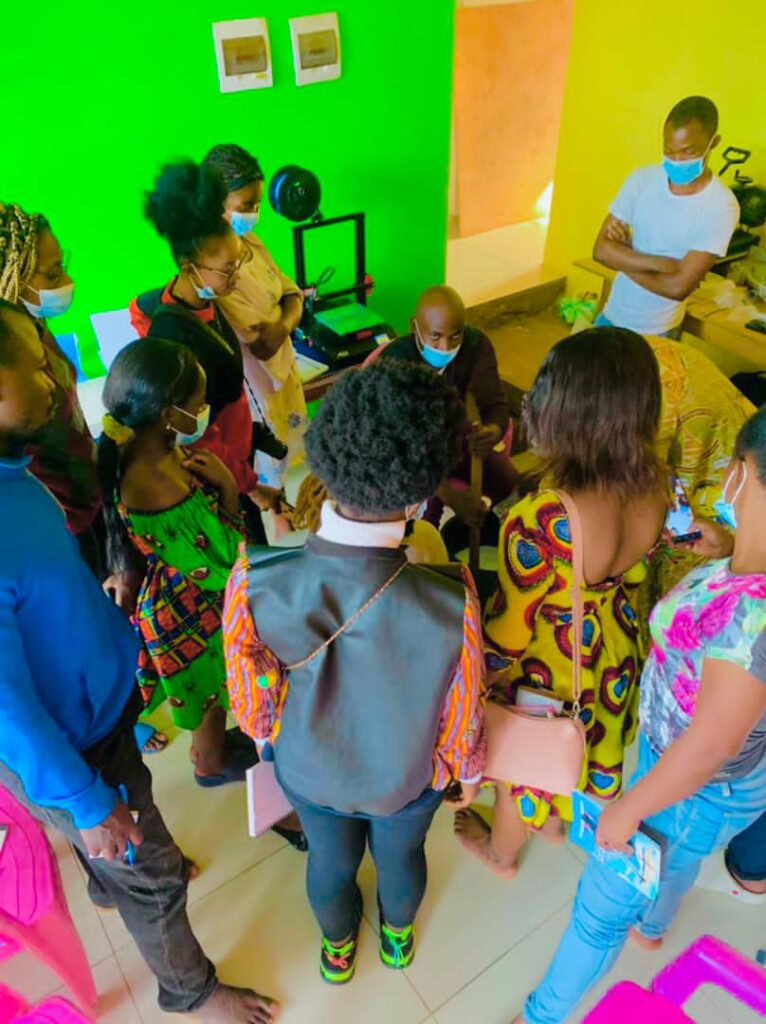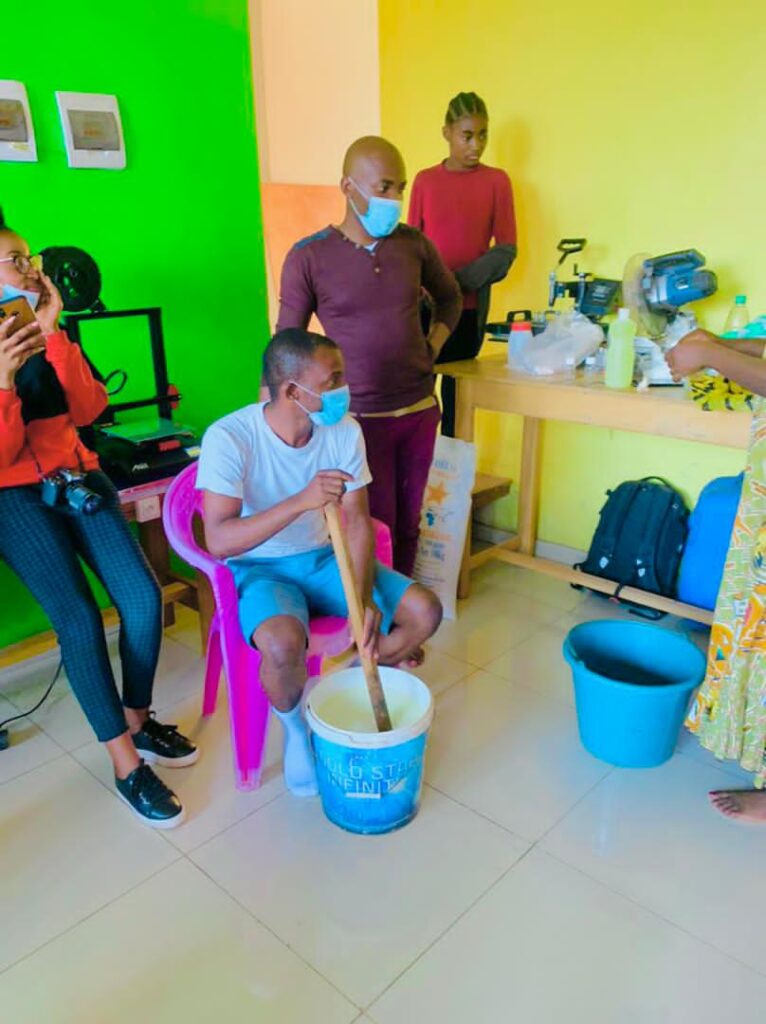by Nadine Mowoh, MboaLab Cameroon
Scientific methods are repeatable by definition and validated for accuracy, specificity, reproducibility and robustness – meaning the same steps must be followed to predict future results. They also follow a systematic and/or standardised methodology based on evidence.
In the context of local protocols, such as traditional rituals, used by local communities or by citizens who may not have the educational or scientific knowledge, or even the scientific terms, to explain the reason behind a specific result generated by these methods, it is still true that most of their traditionally used methods are robust and when repeated or several experiments are carried out, they produce the same results. This makes them transferable and one can argue that traditional practices shall therefore be considered as solid scientific methods. However, there is possibility of modification and standardisation in the future to make them more acceptable in the educational or scientific context. A practical example is the case of a yoghurt production workshop in Mboalab. Listening to locals share their method of production one would hardly hear a scientific explanation to the control of the fermentation process and the Bacteria responsible for this but the end product is yoghurt that is consumable and this same method has been used for generations to feed families.
Although academic scientific methods are strongly encouraged for the sake of standardisation of procedures, they have a limitation of applicability- requiring advanced skills and equipment and the means through which knowledge is obtained and shared. This is contrary to local methods whose implementation and validation do not require specific skills. They are easily comprehensible as they make use of perspectives of the local population and their relevance. Also, while scientific methods are easily understood and applicable by formally trained persons, local methods are easily adopted, relatable and transferable in the local context because they are directly rooted in the local cultures of doing and communication.

In order to successfully implement scientific methods, the use of local protocols is inevitable as these protocols are generated by the locals to meet their specific needs and suit their context. This has shown to be a precondition to fully engage local communities in critical making and building together. Furthermore, by also recognising science as sets of local practices, it becomes possible to “decentralise” it and develop a framework within which all knowledge systems are shared. It is worth understanding that these local protocols are the foundation of modern science and possess confidential information, some of which have been recovered, enriched, extended and refined while others have remained unchanged for generations. One of the reasons for the latter is that they require specialised tools and skills to implement, making their conversion into modern science a challenge. Another important factor is the cultural and spiritual significance some of these methods hold in the lives of the people as some are considered ancestral heritage that can not be modified or tampered with. An example is the medical use of the “Quinine tree” as it is known by the locals in most parts of Cameroon to be effective in the treatment of Malaria. The reason that the methods used for preparing and consuming this tree bark are not systematic or standardised is at no means the absence of proper tools or skills (human and material) to extract, analyse and identify the active components in it. The absence of such methods is due to the community’s belief that this “medicine” is more effective in its “raw state” and would be made less effective if transformed into some “white tablets” by scientists or “westerners”.
Taking all these factors into consideration, Mboalab Biotech in Cameroon, specifically recruits the local populations and community based researchers. Community based researchers are non-academic or certified researchers, and local stakeholders who take part in making health decisions for the community, to gather data by sharing social and cultural experiences, and by taking into account the diversity of their communities views and beliefs. This is done through workshops including practical hackathons and critical making sessions together with academic scientists of Mboalab. These ideas are fitted into the laboratory and/or modern science context through processes like verification, validation, and testing for robustness, led by the academic scientists. By doing so we ensure that the voices of the underrepresented can be heard and better understood by institutional actors, such as government authorities. Applying these processes local concerns are easily converted into scientific and modern methods that can be deployed within the communities without disregarding anyone’s beliefs or cultural heritage. This approach also allows for togetherness and oneness between the academia or certified scientists and the locals whose methods are based on observation but who have to be equally engaged in decision making processes on science policies, e.g. concerning local health situations, in order to ensure an democratic approach in which everyone has a say . This equal engagement creates a feeling of voice and matter, resulting in trust and active engagement from the community members.

After several such workshops and experience sharing seminars it was realised that the local communities with no basic scientific background or skills were more ready to share their experiences and learn better amongst themselves and “community researchers”. Community researchers are people from the communities, who have acquired formal education but have not attained certifications nor possess the required skills and equipment to practise in formal institutions or carry out independent research. The local communities see them often and understand them better since they share the same heritage and culture. These local stakeholders are now considered intermediaries whereas academic scientists who come into the communities are perceived as “strangers” and people are reluctant to share their ancient knowledge and local protocols.
It is interesting to find out that even though most of these local protocols are carried out as routine with no significant scientific reason, they hold strong value in the lives of the populations. With the help of intermediaries and use of these local protocols and basic knowledge and terms, scientific methods can be made more applicable in the local context or by the locals, and a highly decentralised framework of knowledge learning and sharing can be employed, which does not discriminate but is inclusive.

